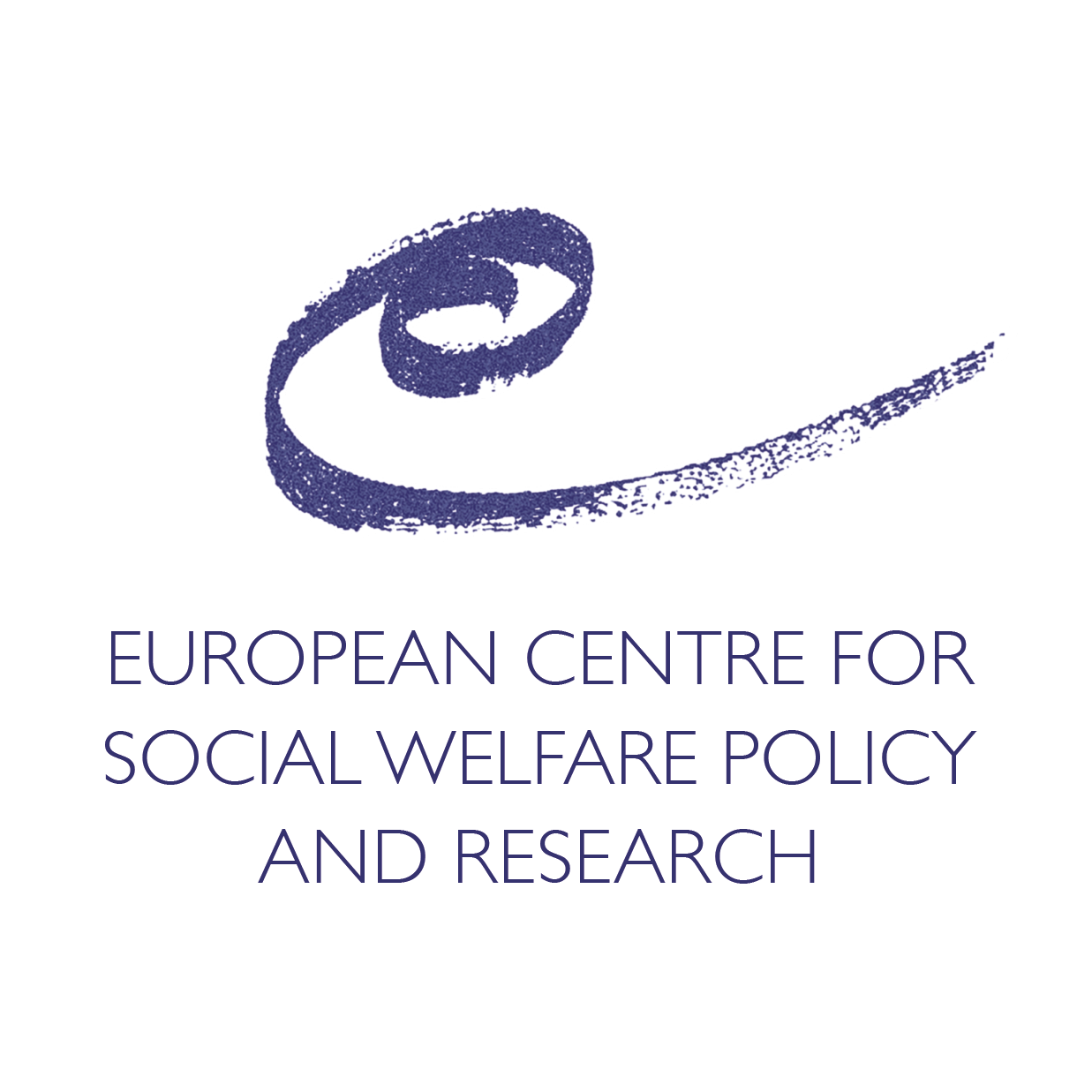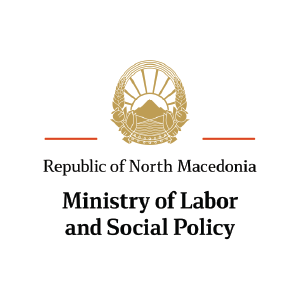The InCARE project will contribute to the design of a coherent and coordinated approach to the development of national long-term care policy and care services at local and regional level, by establishing socially innovative and participatory decision-making processes.
We work with care users, care provider organizations and policy-makers in Spain, Austria and North Macedonia to design, implement and scale-up innovative care services, with the ultimate goal of improving the well-being of older people and their families and increase their access to adequate and affordable care.
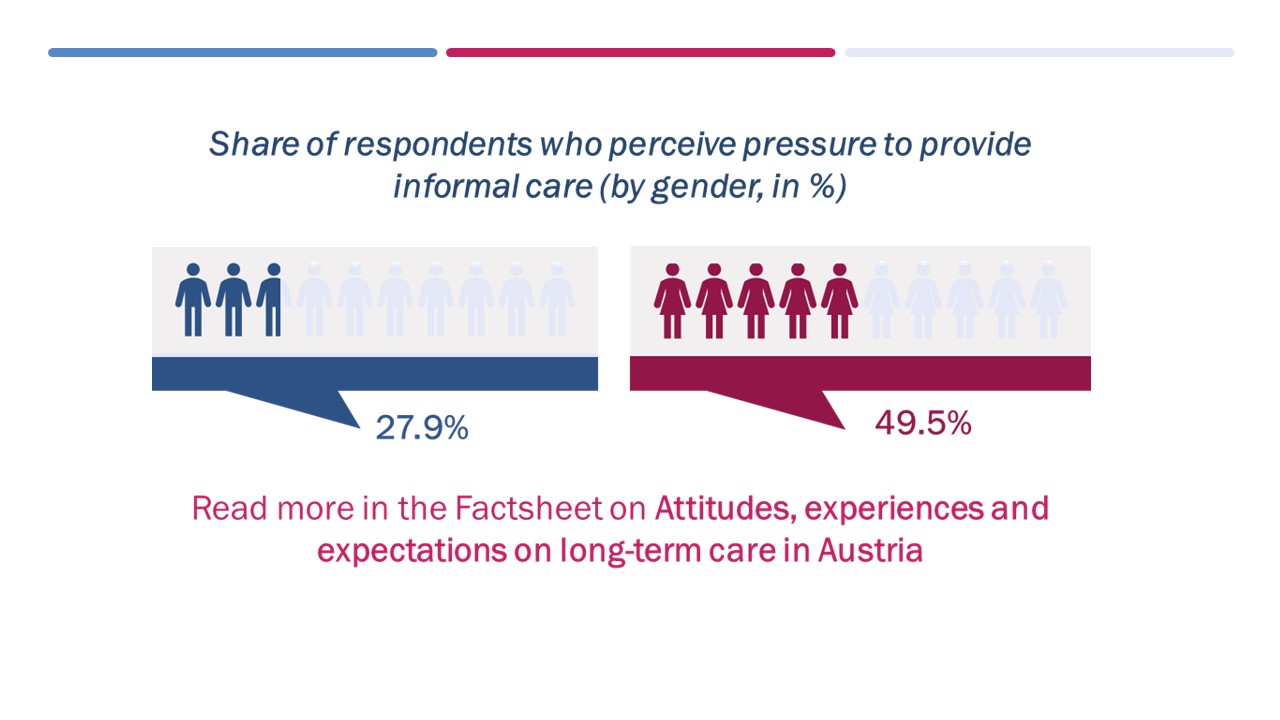
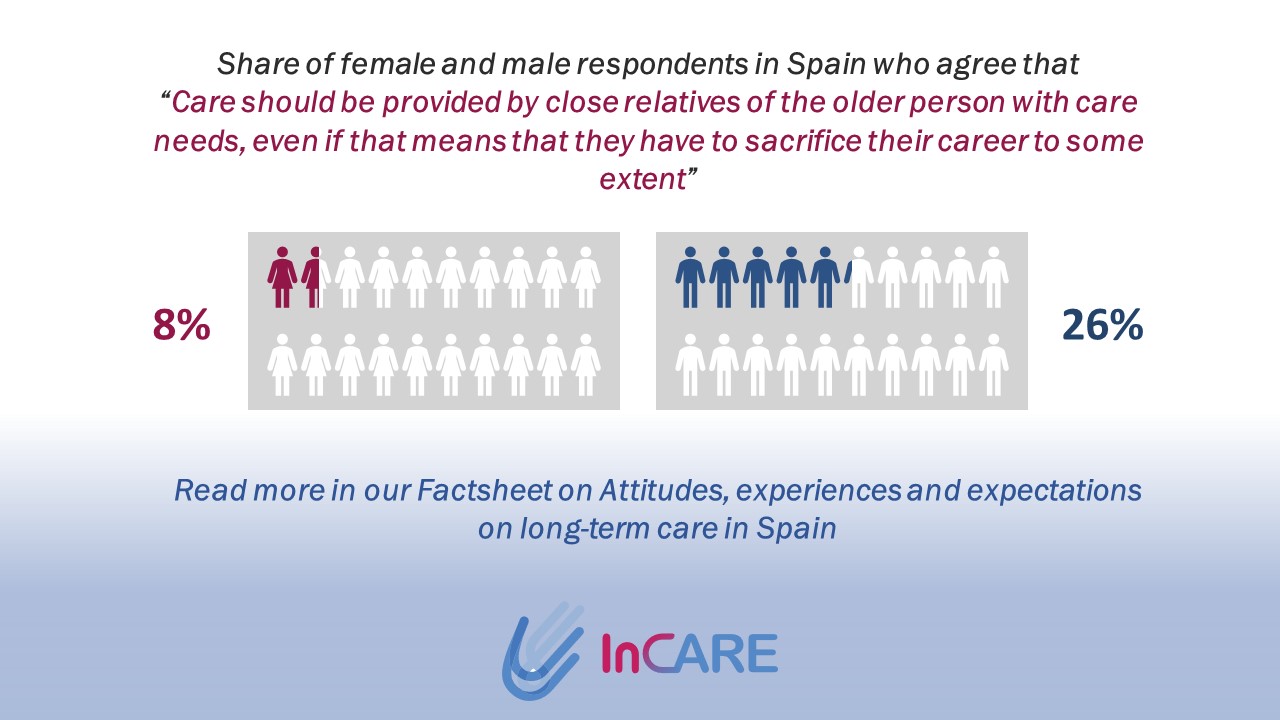
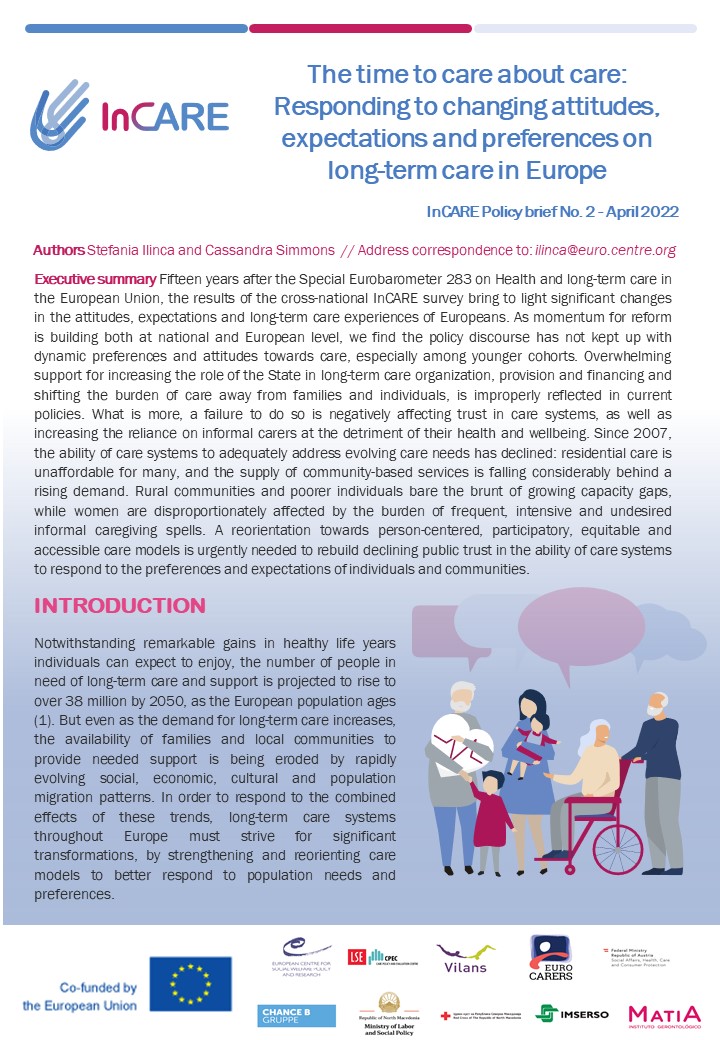
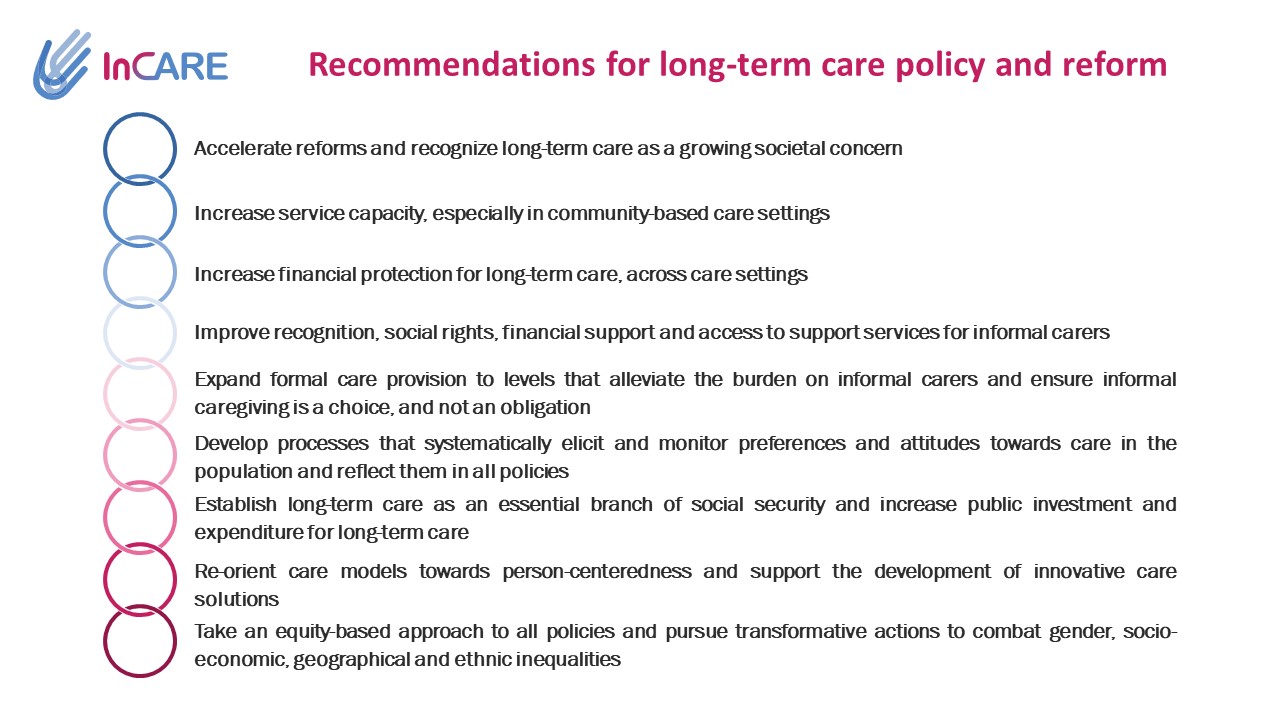
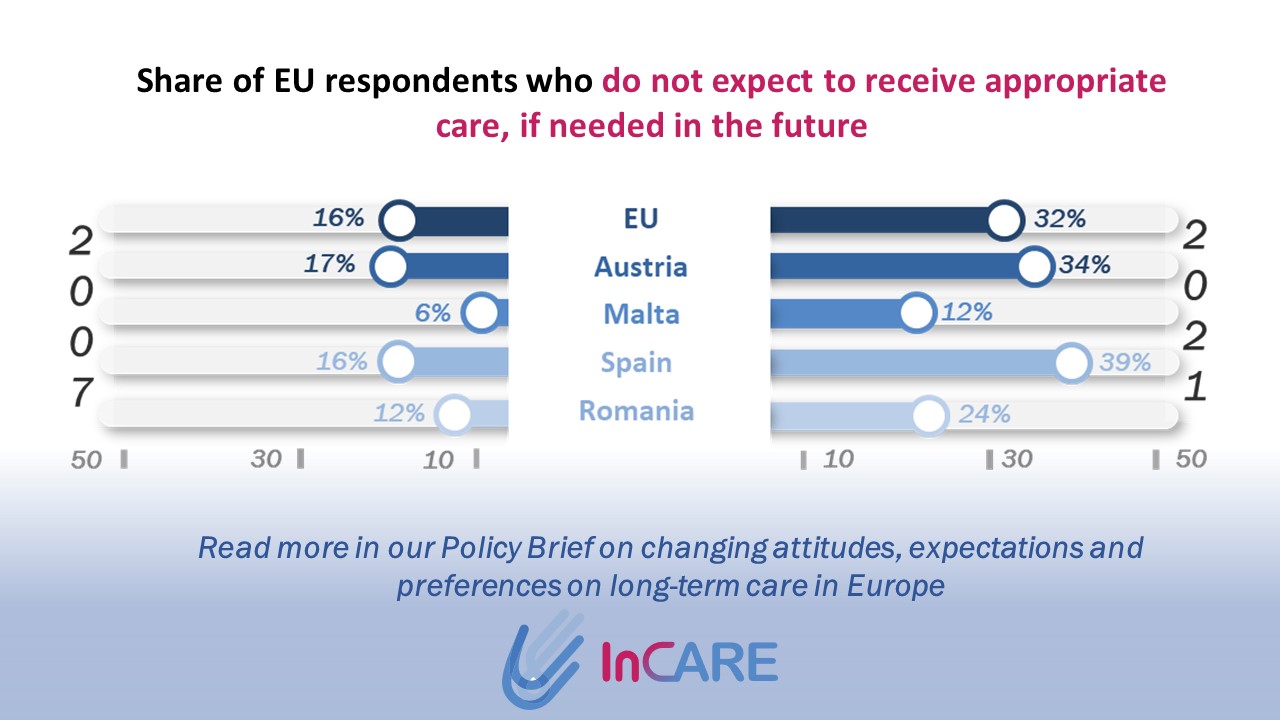
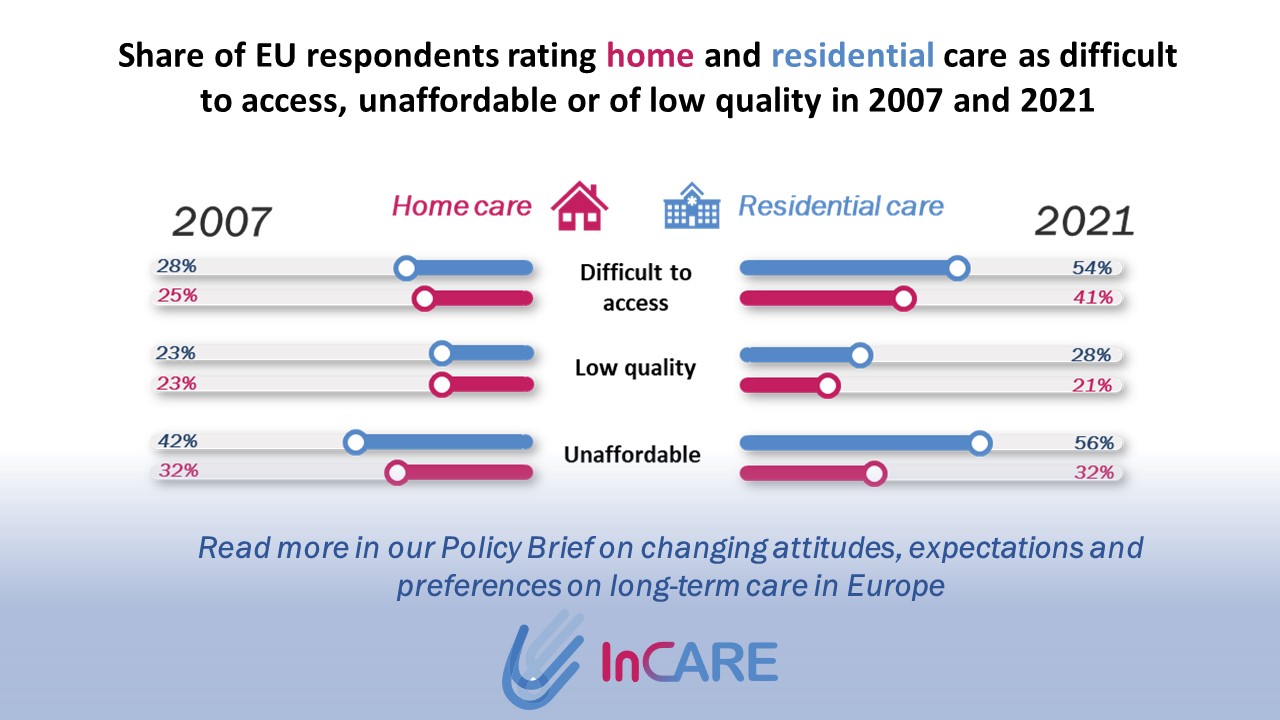
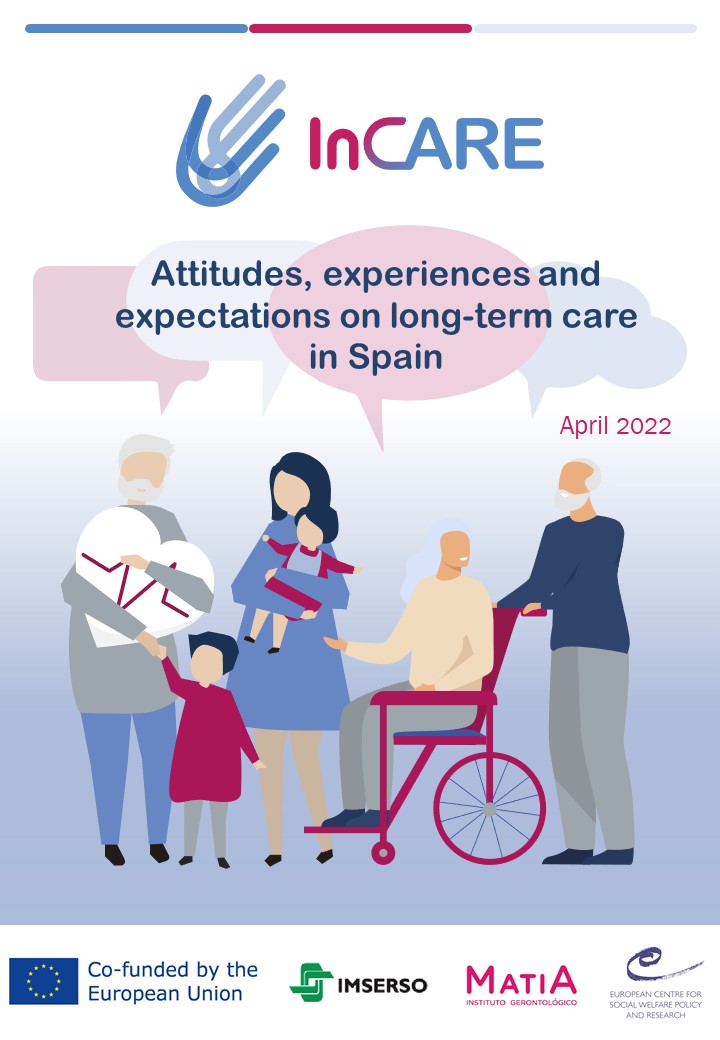
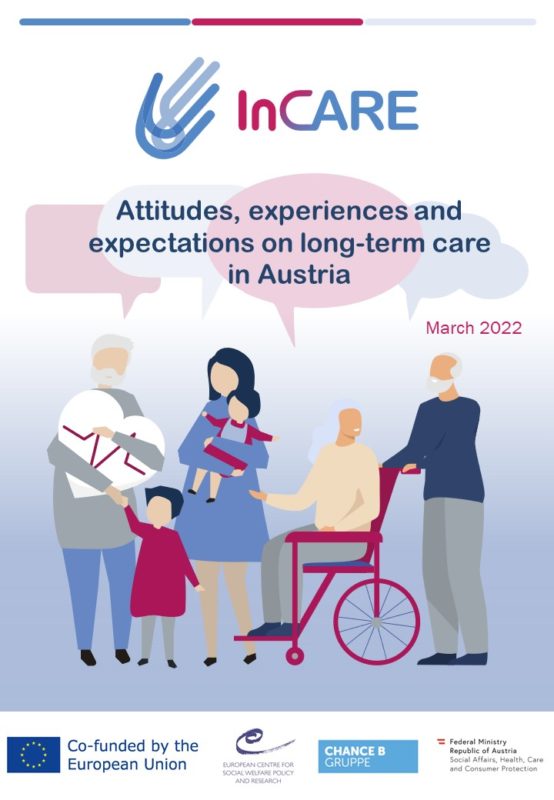
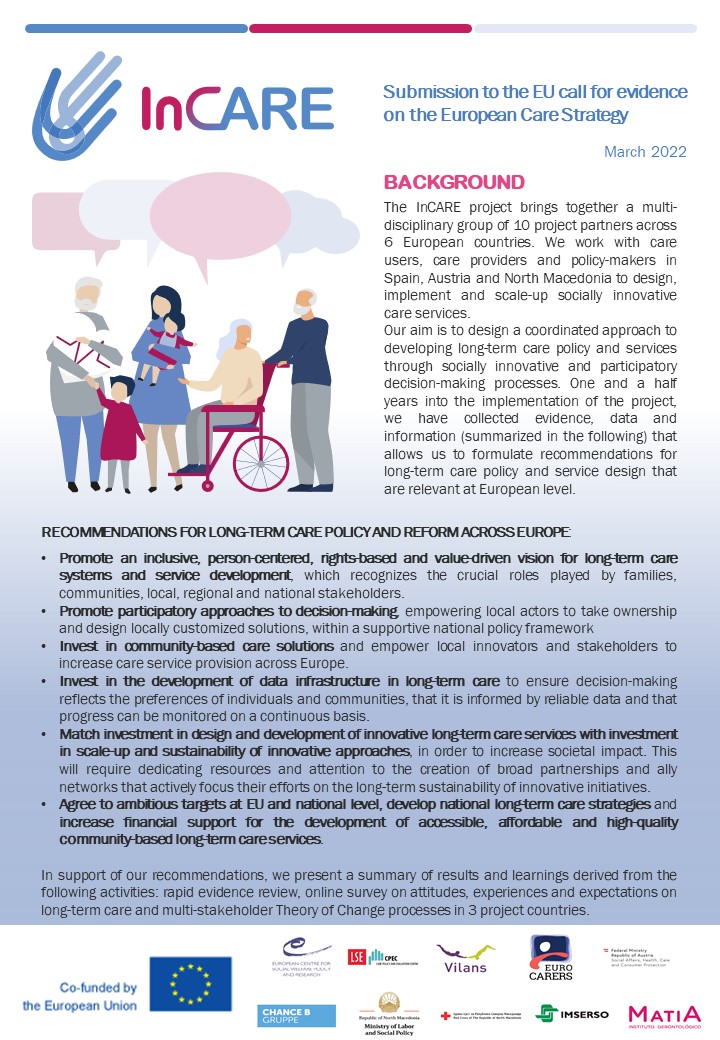









[…] When Covid came along it destroyed very important connections that enable older people in nursing homes to keep going & stay connected, to keep hope alive – the deterioration in my Mother in just 18 months was, & still is, devastating & resulted in her recent death. All those months we were unable to be by her side & keep her going, instead she wasted away as she was unable to comprehend what was going on with Covid, yet she was aware enough to know we were no longer with her. Looking through a window trying to communicate love & care to someone with dementia & who is very confused about why you wouldn’t come inside was one of the cruelest experiences. It was terrible to witness just how much our older people are let down by lack of creative, adequate, & in my opinion humane, care options because even in times of desperation when I considered taking my Mother out of the nursing home to live with me the pain of knowing that was not possible was very heavy as I knew the reality of what it had been like 4 years previously trying to care for her – lack of adequate home help, lack of adequate services – & now along now with significantly increased care needs it would have been a recipe for crisis. I became very unwell physically when I’d been involved in her care prior to her going to live in the nursing home.”
Woman, 46
Ireland
[translated -excerpt] I would like to see society organise a systemic way of funding care for older people in their own homes for as long as possible, and then in institutions when they need it. Funding should be provided through long-term contributions to an individual’s fund, as for a pension, or through insurance. The problem of paying for care for the elderly is a major problem, and the hardship and burden on the person being cared for and on those close to them is great.
Man, 63
Slovenia
[translated] This issue [of long-term care] needs to be discussed and prioritised by the state, because the population is ageing, children are going abroad and local structures for [supporting older people] need to be improved and a concrete annual budget established. We will all reach an age when we need help.
Woman, 43
Republic of Moldova
[Translated] It would be good if the decisions were also upheld when the care allowance is raised. Often the decision ends up in court and it is possible to challenge it. It should not be made difficult for those who are dependent on this financial support.
Woman, 36
Austria
[translated] These studies are interesting, but [I do not know] whether the obtained results will have an impact or be used by the competent institutions, in the direction of improving the situation with provision of care to the elderly… We have low incomes and therefore we do not have the opportunity to resign or pay for caregiver or nursing home services… nor do our parents have such pensions that can cover their expenses to stay in a nursing home, where they will live comfortably and be treated with dignity …
Woman, 53
North Macedonia
[translated] Sacrificing one life for another seems unacceptable to me. Everyone should be able to benefit from quality, professional services.
Woman, 38
Romania
[translated] Well, I hope that caregivers get a protected or priority status – I mean at work and as workers, everyone needs us, our attention, and to some extent it feels like we are omnipotent and can care for others, care for ourselves and sometimes, care for our parents. That is wrong.
Man, age not specified
North Macedonia
[Translated] I was my husband’s caregiver for 7 years. He passed away from a rare and orphaned neurodegenerative disease (PSP). When the diagnosis was announced, we felt abandoned. Then it was very difficult to find quality help even if we paid. I retired 2 years before the legal age to continue to help him. Our last and most terrible test was to have his advance directives respected. He could no longer swallow, so he could not eat or drink. He refused the gastrostomy and wanted deep sedation. I had to fight again and again to have his wishes respected. So abandoned from beginning to end!
Woman, 62
France
[Translated] None of the services I have used have the means to help dependent people with multiple sclerosis. It’s a horror. I have to do everything on my own because the home carers for example can’t come if I’m in hospital or on rehabilitation…the domestic helpers are no longer available, I am not entitled to a transport service … I never qualify. I am revolted. I live alone without family and it’s really hard. I’ve been able to get help at times but it doesn’t last because the budgets are so small. Even people with severe physical disabilities don’t have adequate help. The Aviq [Agence pour une Vie de Qualité] has not been functioning for years… the situation is very serious. And it has become even worse with Covid.
Woman, 40
Belgium
I have Parkinson’s Disease and I dread what the future holds for me physically and mentally.
Woman, 75
Ireland

